Circuit Description
The ECM calculates an estimated value of the soot load in the aftertreatment DPF using the aftertreatment DPF differential pressure sensor.
Component Location
The aftertreatment DPF differential pressure sensor is mounted on the DPF. It is a combination sensor that detects both DPF differential pressure and outlet pressure.
Conditions for Running the Diagnostics
This diagnostic runs after completion of a successful active regeneration of the aftertreatment DPF.
Conditions for Setting the Fault Codes
The estimated soot load in the aftertreatment DPF, calculated using the differential pressure, is higher than a threshold.
Action Taken When the Fault Code is Active
The ECM illuminates the amber CHECK ENGINE lamp and/or malfunction indicator lamp (MIL) after the diagnostic fails on two consecutive trips.
Conditions for Clearing the Fault Code
To validate the repair using a Diagnostic Road Test, utilize a route that incorporates both stop-and-go city driving and steady state highway driving. It may be necessary to load the unit for certain diagnostics in the ECM to run.
To validate the repair using a Chassis Dynamometer Test, utilize a routine that incorporates acceleration and motoring events, steady state highway operation, and load. This will simulate normal driving and allow the diagnostics in the ECM to run.
For On-Board Diagnostics (OBD) engines, the ECM will turn off the MIL after three consecutive trips where the diagnostic runs and passes.
The “Reset All Faults” command in INSITE? electronic service tool can be used to clear active and inactive fault codes, as well as turn off the MIL for OBD applications.
Shop Talk
Possible causes of this fault code include:
Malfunctioning aftertreatment temperature sensor(s)
Malfunctioning or stuck in-range aftertreatment DPF differential pressure sensor
An engine malfunction resulting in high engine out smoke
Damaged or malfunctioning equipment manufacturer wiring harness to the differential pressure sensor
Aftertreatment DPF with excessive ash accumulation caused by lubricating oil consumption or coolant consumption.
An excessive ash accumulation condition reduces the soot holding capability of the DPF and will cause frequent aftertreatment regenerations. This condition may exist if one or more of the following requirements are met:
Troubleshooting tree for Fault Code 3375 or 3376 has been exhausted with no fault found.
Ash cleaning is required at less than the recommended DPF ash cleaning interval. Reference the ISX15 CM2250 Owners Manual, Bulletin 2883360, or the ISX12/ISX11.9 CM2250 Owners Manual, Bulletin 2883443.
Multiple vehicles from the same fleet experience an issue with Fault Code 3375 or 3376 within a short period of time.
Excessive ash in the DPF.
If excessive ash accumulation is found in the DPF, reference the Aftertreatment Diesel Particulate Filter – Excessive Ash Cleaning troubleshooting symptom tree in Section TS in the ISX15 CM2250 Service Manual, Bulletin 4022250, or in the ISX12/ISX11.9 CM2250 Service Manual, Bulletin 2883445.
Possible Cause:
1) Aftertreatment DPF failure
2) ECM calibration


 AGCO
AGCO ALLISON
ALLISON BENDIX
BENDIX BOBCAT
BOBCAT CAT
CAT CLAAS
CLAAS CNH
CNH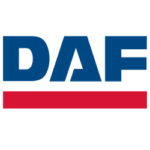 DAF
DAF DETROIT
DETROIT EATON
EATON FREIGHTLINER
FREIGHTLINER HINO
HINO HITACHI
HITACHI ISUZU
ISUZU JCB
JCB JOHN DEERE
JOHN DEERE JPRO
JPRO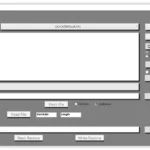 MAGIC TUNER
MAGIC TUNER MAN
MAN Navistar
Navistar PACCAR
PACCAR PERKINS
PERKINS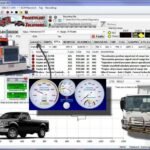 PF DIAGNOSE
PF DIAGNOSE PSI POWERLINK
PSI POWERLINK RENAULT
RENAULT SCANIA
SCANIA THERMO KING
THERMO KING UD NISSAN
UD NISSAN VOLVO
VOLVO WABCO
WABCO ZF TESTMAN
ZF TESTMAN
 BELL
BELL BENDIX
BENDIX BOBCAT
BOBCAT CARRIE
CARRIE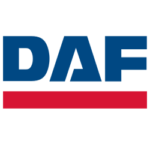 DAF
DAF DETROIT
DETROIT EATON
EATON FUSO
FUSO MACK
MACK
 Cumminz
Cumminz ISB4.5 CM2150
ISB4.5 CM2150 All Engines (2017 Emissions)
All Engines (2017 Emissions) PACCAR
PACCAR
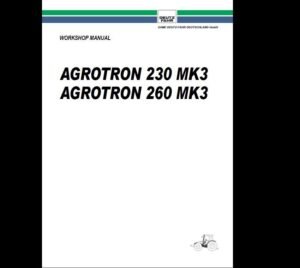

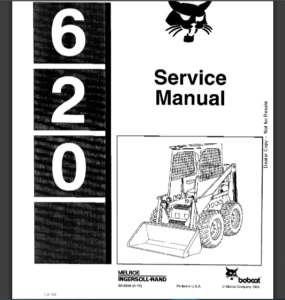
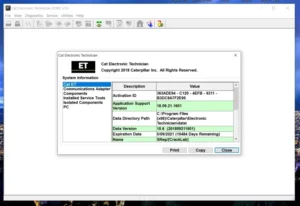

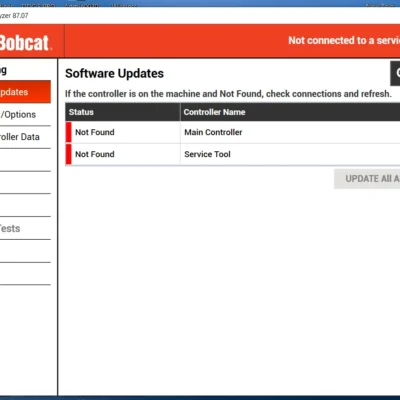
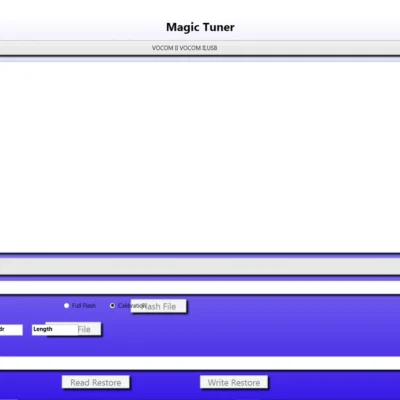
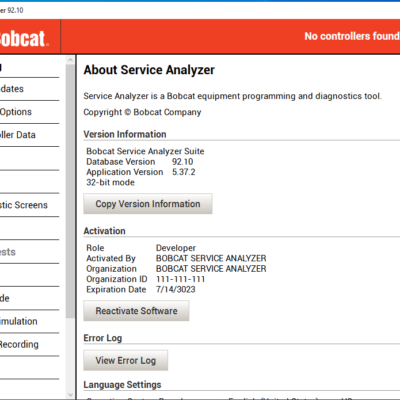
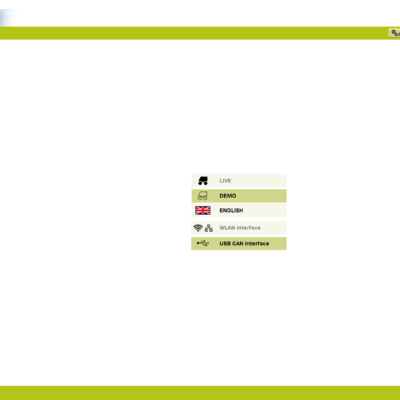
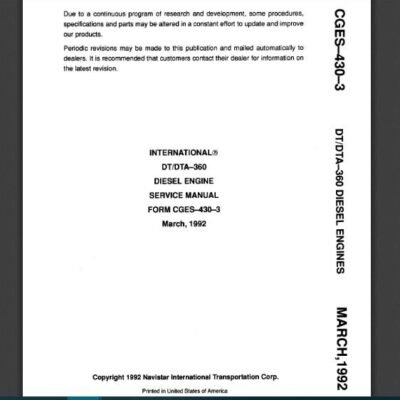
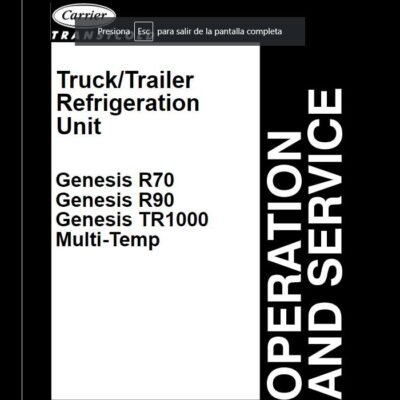
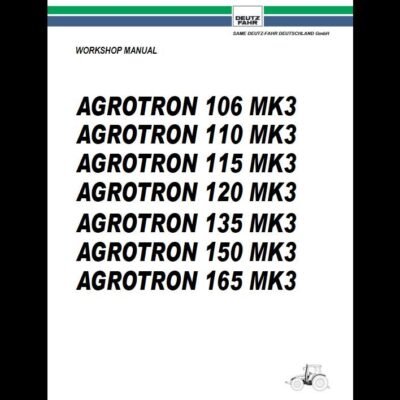
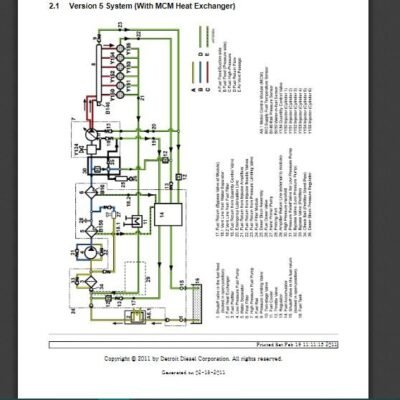
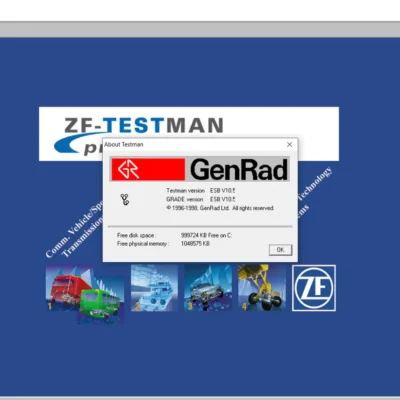
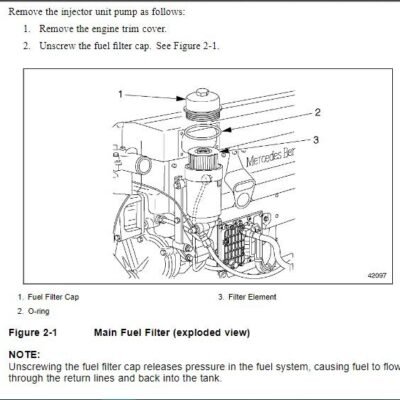

Reviews
Clear filtersThere are no reviews yet.